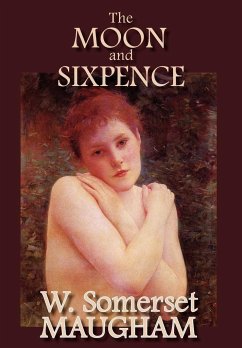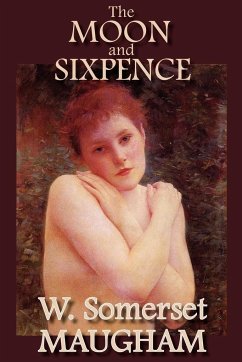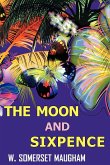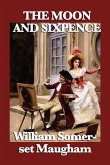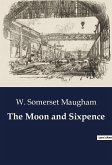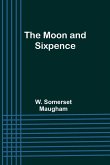The Moon and Sixpence (1919) by William Somerset Maugham is the complex story of Charles Strickland, a man who abandons his family and his secure life as an English businessman to pursue an uncertain but meaningful existence as an artist, from Paris slums to the lush fertility of Tahiti, and into the glory of the creative wilderness. Inspired by the life of the artist Paul Gauguin, this is a psychological study of the creative urge as it stands in conflict with the bonds of ordinary life and personal relationships.
Hinweis: Dieser Artikel kann nur an eine deutsche Lieferadresse ausgeliefert werden.
Hinweis: Dieser Artikel kann nur an eine deutsche Lieferadresse ausgeliefert werden.

